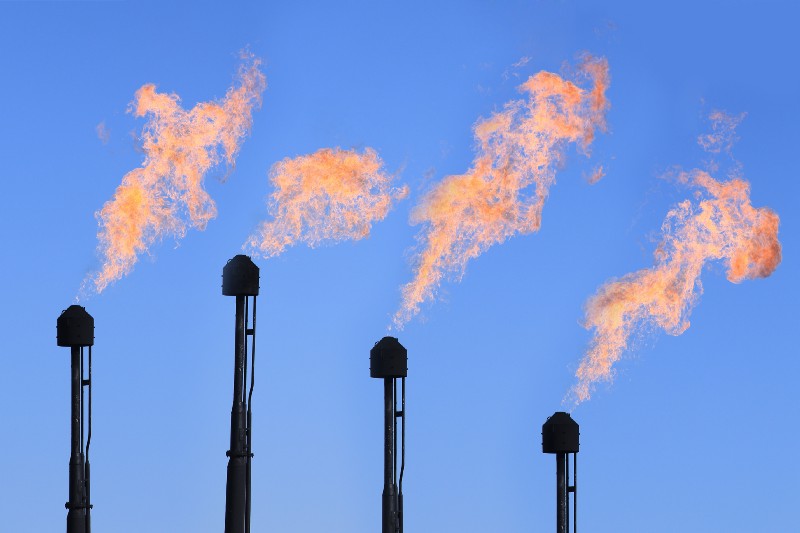Why Exxon‘s Commitment to Methane Reduction Matters
The oil and gas industry has an opportunity. As climate change related destruction grows, it is clear that we must quickly reduce greenhouse gas emissions or face increasing destruction of our lives, the economy, and the environment. Acknowledging this, 196 nations have signed the Paris Agreement and put plans in place to begin decarbonizing the economy.
These dynamics are not lost on investors who understand that climate change will impact the bottom line of nearly every one of the companies in which they’ve invested. As You Sow is helping investors navigate this new terrain by representing them on a number of climate related fronts including: addressing growing carbon asset risk, working to move utilities away from coal, reducing methane emissions across the natural gas supply chain, and addressing leaks and emissions from upstream oil and gas production operations.
Methane emissions technology and operational best practices offer a quick means of reducing a very potent greenhouse gas. Methane is 86 times more climate forcing than CO² over 20 years. Reducing methane emissions in the near term presents an important opportunity to slow the rate of global warming, giving the world’s nations more time to adopt renewable technologies like solar and wind. The oil and gas industry contributes 31% of total U.S. methane emissions and therefore presents a particularly significant opportunity to reduce these emissions. The International Energy Agency (IEA) found that approximately 76 million tons of methane are emitted every year from global oil and gas operations — an amount greater than Australia’s entire natural gas production.
The crux of the problem for the industry is that, if only 3.2% or more methane is lost from the natural gas value chain, the use of natural gas becomes more carbon intensive than burning coal. Methane leaks matter. Critically, though, as the IEA notes:
Even if natural gas is better than coal, this comparison sets the bar too low. The environmental case for gas does not depend on beating the emissions performance of the most carbon-intensive fuel, but in ensuring that its emission intensity is as low as practicable. . . . a key reason to tackle methane emissions from oil and gas operations (compared to other anthropogenic sources) is that in many cases there is a readily available path to market for the captured methane to be sold.
As You Sow is working with investors and oil and gas companies to address this important opportunity. In 2017, we filed a methane resolution with the ExxonMobil Corp., one of the five highest methane emitters from onshore production in 2016. In filing a shareholder resolution with Exxon, we pointed out the necessity for the company to strengthen its methane emissions program, reiterated the need for greater disclosure to shareholders, and outlined the benefits of capturing a saleable product. Exxon responded affirmatively to our resolution. In September 2017, Exxon announced a plan to strengthen its methane program and “look to develop and deploy new, more efficient technologies” with the goal of “continually reduc[ing] methane emissions.” Through this announcement, Exxon serves as a leader to industry in taking on the methane-reduction challenge.
Exxon has now joined forces with seven other big energy companies, including Shell, BP, Total, Eni, Repsol, Statoil, and Wintershall, to reduce pollution from natural gas production and the industry’s climate impact. This announcement is an encouraging and important step. We look forward to continuing to work with the oil and gas industry to reduce methane emissions and help give us all a fighting chance to keep global warming well below 2 degrees Celsius.

